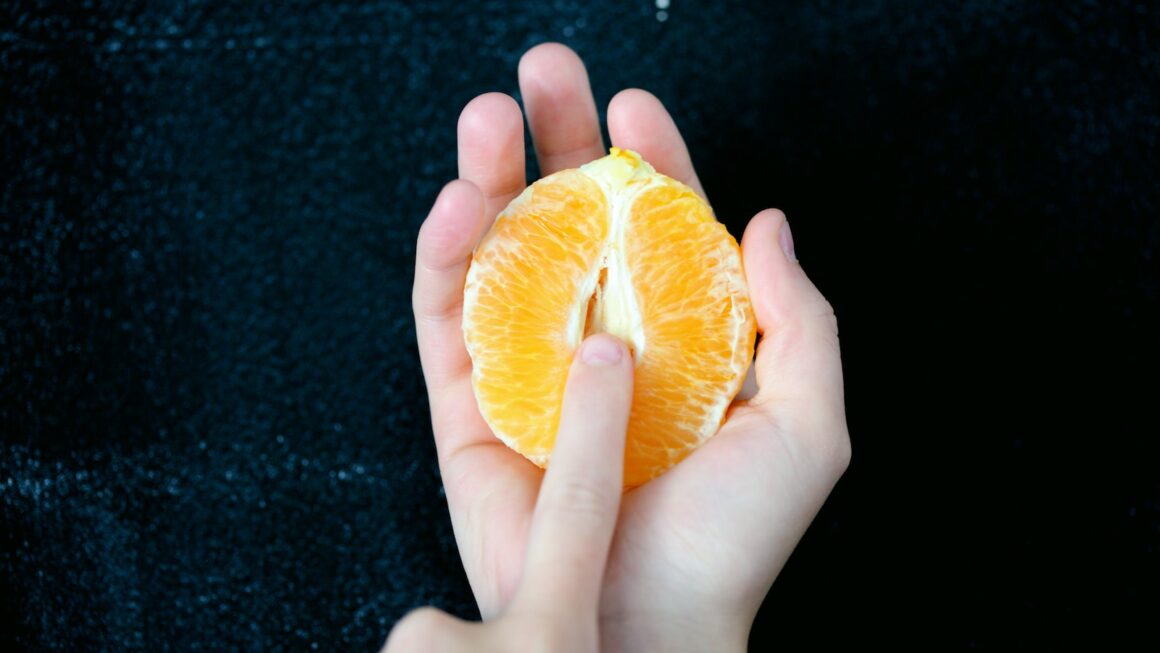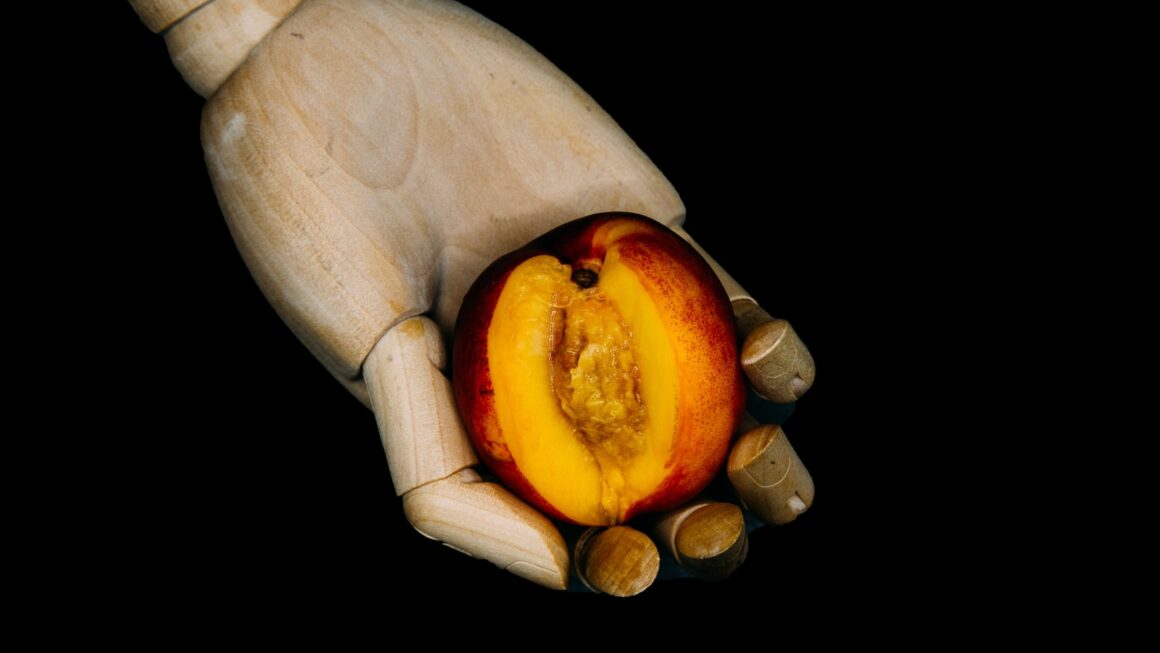Sex should be pleasurable, but sometimes friction can make your vulva hurt after sex. This is especially true if there wasn’t enough lube.
Your pain may be a sign of an infection, including thrush or STIs like chlamydia and gonorrhoea. It could also be a sign of pelvic inflammatory disease (PID). Your doctor will run tests to determine the cause of your pain.
Causes
When a woman experiences pain during sexual intercourse, it can be alarming, even for the most seasoned sex lovers. This type of pain is referred to medically as dyspareunia.1 Fortunately, it’s usually not a sign of an underlying condition or health problem. It could mean that there wasn’t enough lubrication, or it could be an indicator of an infection such as a yeast infection, UTI, or STI. However, if the pain is chronic and is occurring on a regular basis, it may be an indicator of a serious problem like endometriosis or vulvodynia.
It’s important to get the help of a pelvic floor physical therapist, says Heather Jeffcoat, D.P.T, a physical therapist specializing in sexual dysfunction and pelvic pain management. A physical therapist can assess the quality, location, and intensity of the pain to determine its cause. They can also perform tests, such as a Pap test or HPV test, to rule out any infections and other potential causes of sexual pain.
Prevention is key to avoiding painful sex. The most important factor is ensuring that you have enough vaginal lubrication, so be sure to use a water-based lubricant during intercourse. You can also increase foreplay and practice relaxation to encourage arousal. A physician can recommend other natural ways to enhance arousal and reduce pain, such as dietary changes and herbs. In addition, a doctor can also recommend estrogen creams, tablets, or rings for women in menopause who experience pain during intercourse.
Treatment
The best way to treat soreness after sex depends on what’s causing it. If you’re feeling a burning or stinging sensation, make sure you don’t have an infection like a yeast infection, bacterial vaginosis, trichomoniasis or gonorrhea. Those infections can be easily treated with a regimen of antibiotics or an over-the-counter antifungal medication.
If you’re experiencing pain after sex, it may be due to a change in hormone levels such as perimenopause, menopause or pregnancy (Women’s Health, 2021). Treatment options include vaginal lubricants and estrogen creams, tablets or rings. You should also visit your OB-GYN if you suspect you have an STI, as that will require immediate treatment.
For entry pain or pain that occurs during or after penetration, try using a lubricant with more water. It will decrease friction in the area and can help prevent irritation, says Dr. Alexander. In cases of itchy vulva syndrome, where the skin is irritated by chemicals in feminine hygiene products, you can switch to all-natural brands or use an over-the-counter itch relief product that doesn’t contain the trigger chemical. For hymen pain or inflammation, a pelvic floor physical therapist can teach you exercises to strengthen your muscles. If you’re struggling with vulvodynia, an ob-gyn can prescribe medications to reduce the symptoms of the condition, including lubricants, steroidal drugs or estrogen creams and tablets.
Prevention
In addition to lubrication, avoiding over-enthusiastic romps can prevent pain after sex. In a situation where there’s a lack of natural lubrication, try swishing around a little bit of water-based lubricant, which is more gentle and doesn’t leave behind any sticky residue. And if you’re experiencing vaginal dryness due to menopause, talk to your doctor about estrogen creams, tablets or rings.
In some cases, a sore down there after sexual activity could be a sign of an infection such as thrush or vulvodynia. See your doctor if vulvar or vaginal pain persists for more than a day. She’ll be able to deduce the cause of your soreness by asking questions about the quality, location and duration of your pain. She may also take a vaginal sample to check your pH levels for yeast infections and bacterial vaginosis. And she’ll be able to screen you for STIs, including chlamydia, gonorrhea and herpes, which can also cause pain down there.
Although most women don’t want to admit it, it’s also possible that some painful sex sessions are due to the fact that they are too intense. This could mean you and your partner are putting too much pressure on the vulva or hymen. For this, you can ask your partner to ease up a bit. This can help to prevent the irritation of a hymenal cut and prevent your soreness from getting worse.
Home Remedies
You can help yourself feel better by double-downing on lube and making sure to use enough of it. Keeping your body’s lubrication levels high is one of the best things you can do to prevent friction pain.
If you are using store-bought lube or condoms, make sure they don’t contain ingredients that could trigger an allergy. A rash, for instance, can happen when you come into contact with the ingredients in some brands of latex or flavored condoms and lubricants. You should also keep in mind that it’s possible to have a reaction to a barrier or lube even if you don’t have an infection, Dr. Gersh says.
The most common reason you’ll experience a sore vagina after sex is if the act triggered symptoms of an infection you already had, such as yeast infection, bacterial vaginosis, trichomoniasis, or chlamydia. These infections can cause stinging, itching, or irritation in the vulva, but are treatable.
Another possibility is that you have a Bartholin’s cyst, which is when one of the twin glands that secrete fluid to help lubricate the vagina becomes blocked by a small, fluid-filled growth. This condition can cause pain on only one side of the vulva. You’ll know if this is the case because you’ll only experience pain on that one side of your vulva during sex or when you wee.



